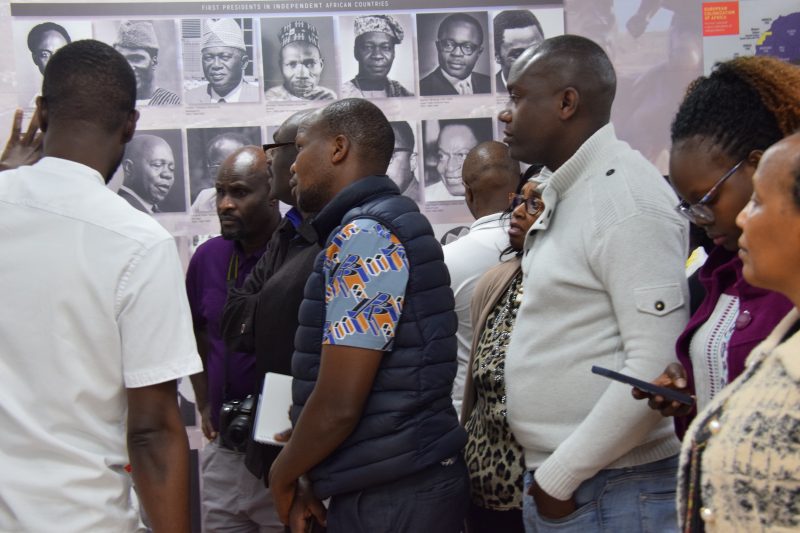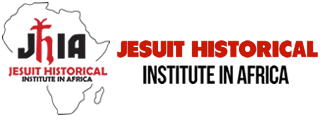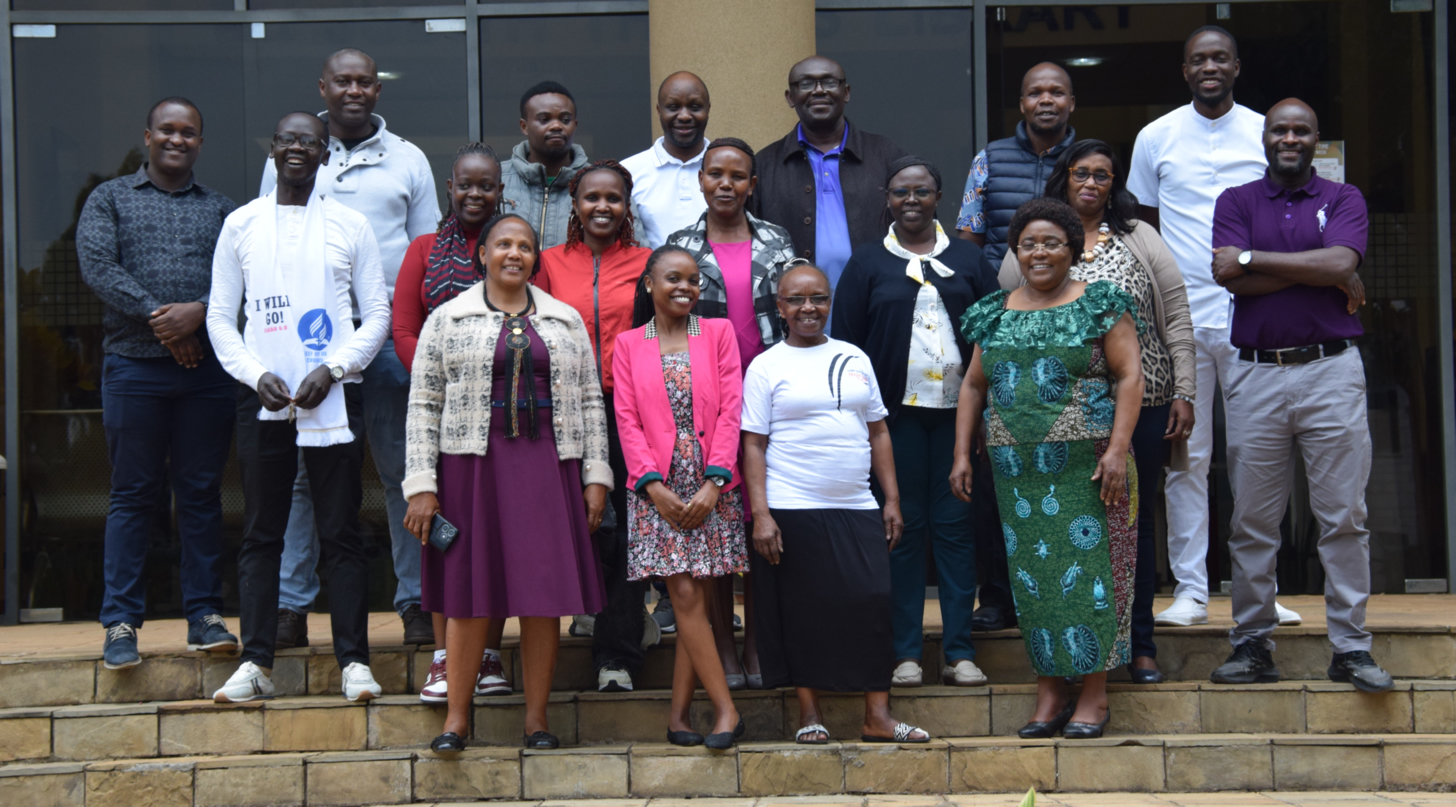The Seventh gathering of Librarians and Archivists attracted a significant number of religious institutions and universities around Nairobi and its neighborhoods which registered 22 participants at Adventist University of Africa (AUA). Notably, Kabarak University and Africa Nazarene University joined the circle for the first time, a sign of the forum’s growing appeal as a platform for professional exchange and collaboration.
The event opened with a stirring welcome address from Prof. Risper Awuor, Deputy Vice Chancellor Academic at AUA. She reminded participants that, “The Adventist University of Africa was established so that leaders could be trained here, in Africa, for Africa, without the need to travel overseas.” She went on to highlight the institution’s mission, stressing, “Our mission is to blend academic excellence with values that inspire service, integrity, and Christ-centered leadership.”
Prof. Awuor also linked the day’s theme to the university’s philosophy: “Just as records preserve the memory of an institution, education preserves the values of a people. Both are essential to continuity and growth.” She encouraged participants to make the gathering a space not only for learning but also for networking, adding, “Forums like this remind us that we achieve more when we share knowledge, build networks, and uphold the integrity of our profession.”
The training session was facilitated by Ann Mumbi, Principal Records Officer at the Kenya National Library Service (KNLS), and moderated by Noah Mauti, Associate Librarian at AUA, together with Ian Melvin, Archives Assistant at AUA. Under the theme “Records Management Systems, Procedures and Structures,” Ann Mumbi offered a deep dive into the development of records management policy, stressing that effective records management must be anchored on organizational policy and professional structures.

Her session highlighted practical measures such as forming a records committee, maintaining a records manual and policy, and using file movement registers instead of circulating individual documents. She also recommended adopting departmental color codes, securing files with correct metadata, and adhering to ISO standards. Emphasizing that “records management is the backbone of any organization,” she cautioned that gaps and loopholes inevitably arise when processes are not handled professionally.
Participants further explored the importance of retention schedules, confidentiality agreements, and maintaining accurate inventories of files and their contents. Given the depth of the subject, Ann Mumbi recommended that future training sessions run in a three-day residential format to allow more time for full coverage of the material.
In the closing discussions, participants charted a way forward, outlining the need to register with professional bodies like KARMA and KLA, strengthen networking and benchmarking initiatives, host regular workshops, and encourage team building. They also emphasized disaster management planning, career progression, integrated institutional support, and upholding transparency and integrity in file handling.
The gathering closed with remarks by Norah Mauti, Associate Librarian at AUA, and a vote of thanks by Sophie Chebet, Archivist at Tangaza University. A mini-tour of the AUA Museum and a group photograph followed before participants shared a luncheon at the AUA cafeteria.
Looking ahead, the next Librarians and Archivists Gathering is being proposed for early next year, with potential hosting at AGS Records or Daystar University.
As momentum builds, the forum continues to foster collaboration and professional growth across the region. Notably, the Deputy Vice Chancellor Academics at Adventist University of Africa has generously offered to host the event again next year.
We encourage more institutions to join future gatherings, deepen networks, and commit to building robust archives and records systems that safeguard institutional memory and integrity for generations to come.
By Geofrey Obatsa, Admin Assistant – JHIA



